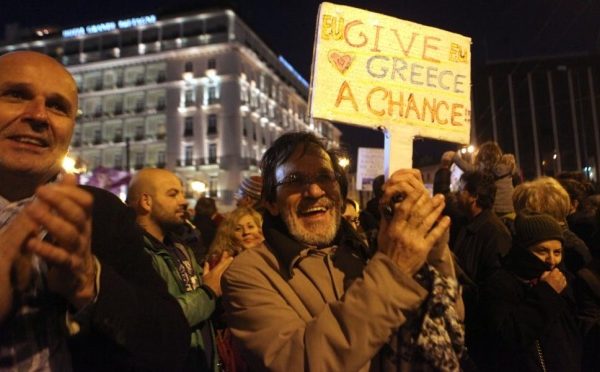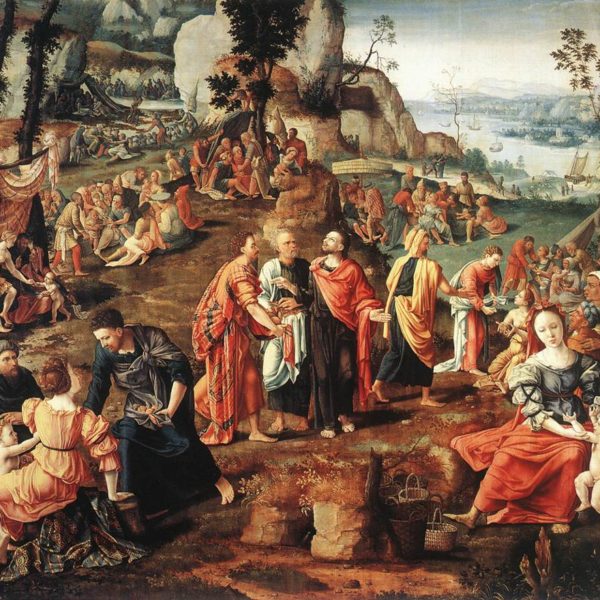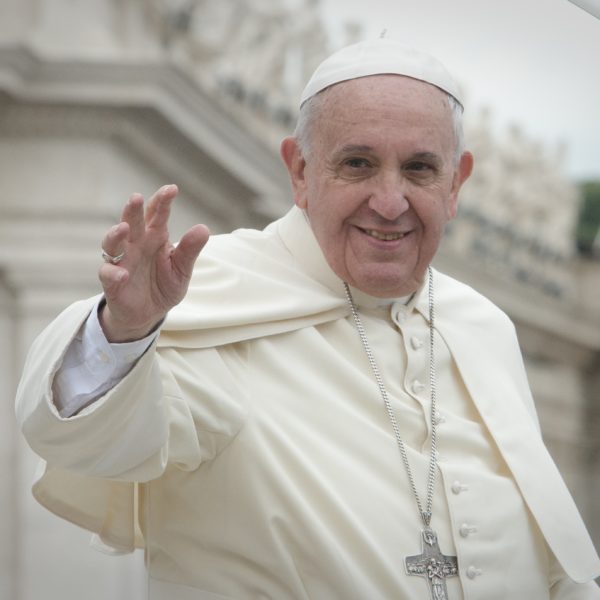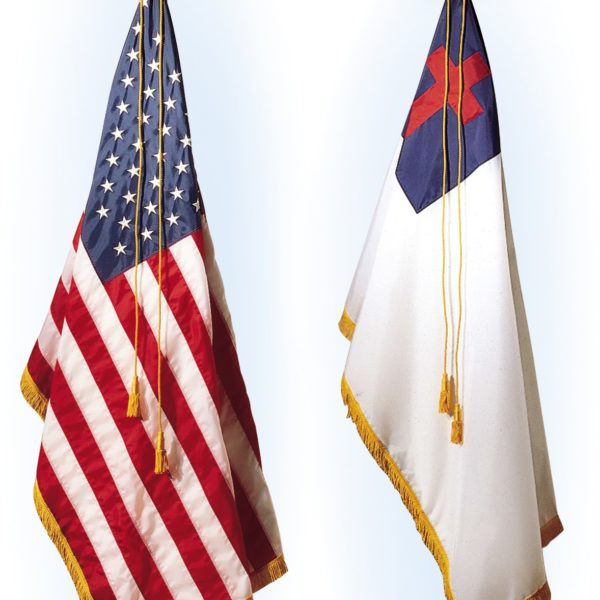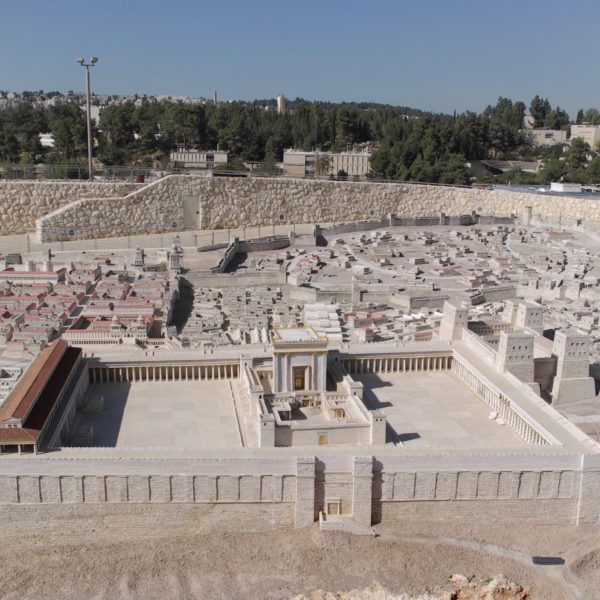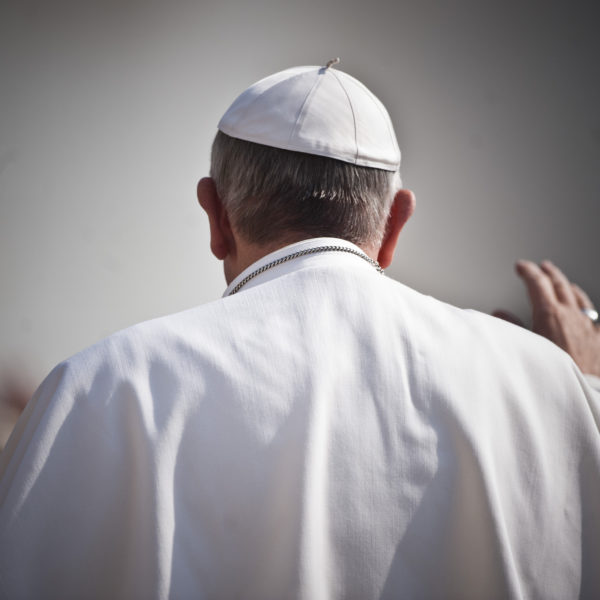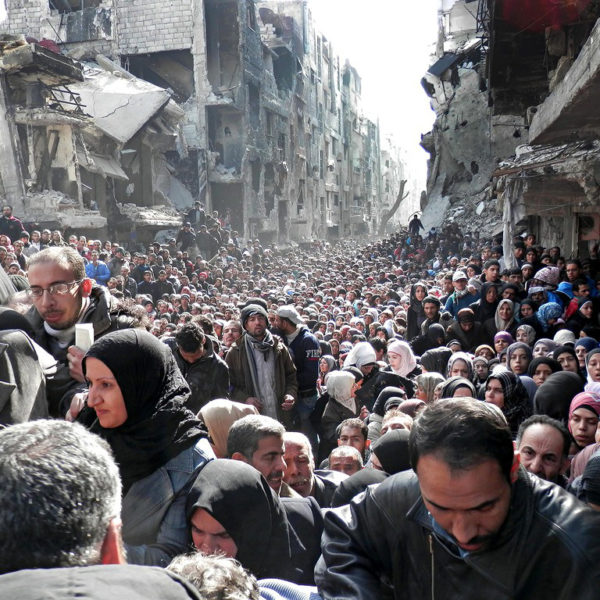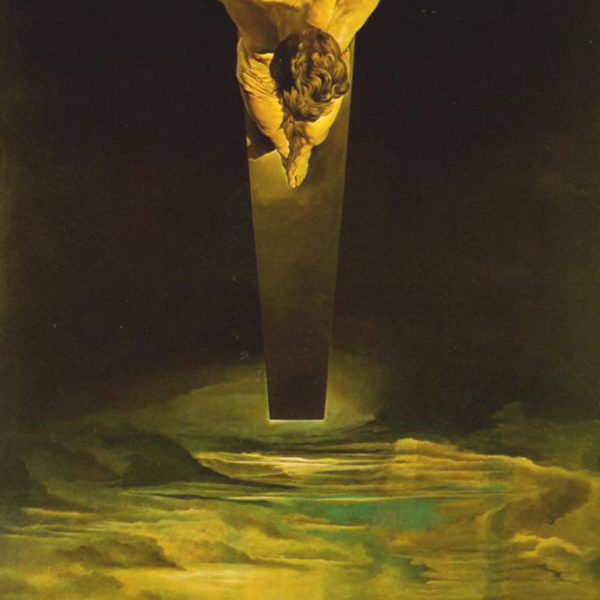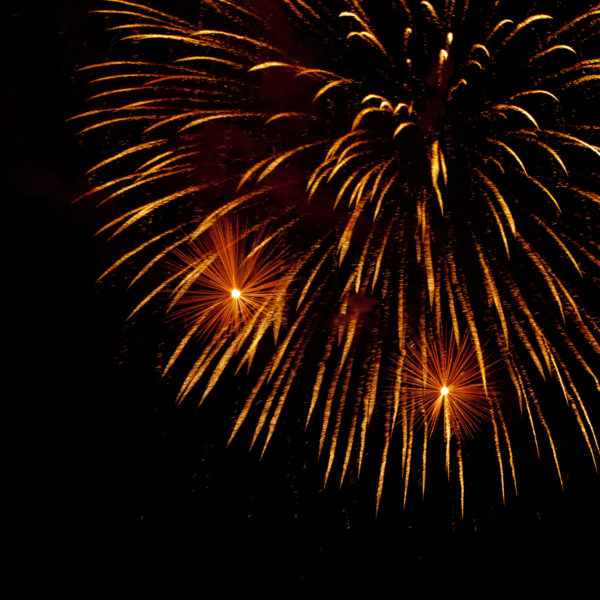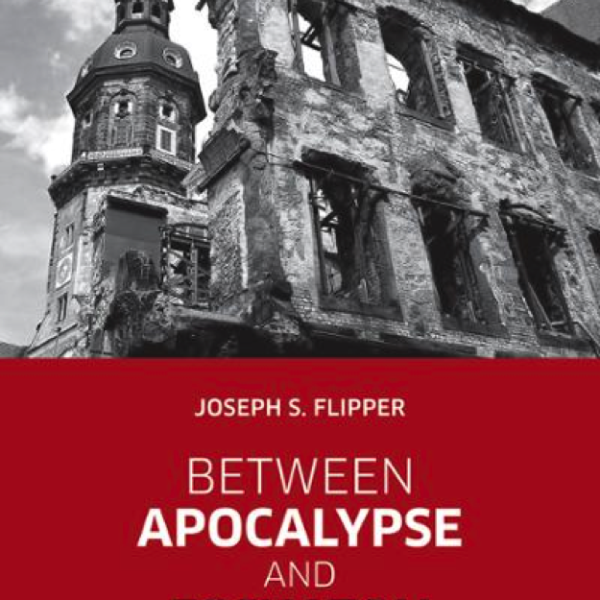
As a PhD student just starting my dissertation research I happened to meet the department chair of the theology department at a major Catholic university (my interlocutor and his university will remain anonymous). When he asked about my dissertation, I told him that I was researching Henri de Lubac. In a condescending voice he replied, “I didn’t realize anyone was still studying him.” I sheepishly responded, “Well, yes. Yes they are.”
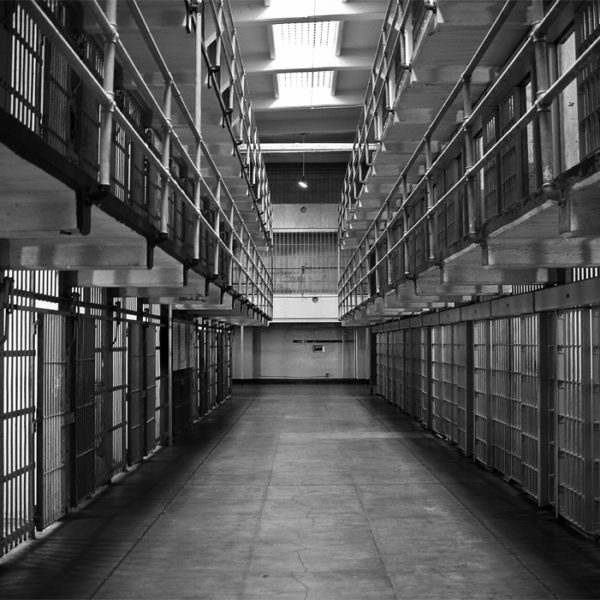
There is a good case to be made that the American criminal justice system is itself criminal. Up until around 1980, all statistics we have suggest that the incarceration rate varied at around 100 inmates per 100,000 people. After about 1977, and especially after about 1982, the rate began to rise; in 2008 it was over 700 prisoners per 100,000, and while it seems to have begun a modest decline in the past few years, it remains over 700. In this context, “American exceptionalism” is not an overstatement; the United States is effectively the largest incarcerator in the world; the only states near us are Cuba and North Korea.

This past weekend my Facebook and Twitter feeds were awash with rainbow colors and expressions of patriotic love for the Supreme Court of the United States (SCOTUS).
The Court’s decision in Obergefell v. Hodges granting “marriage equality” to same sex couples coincided with Pride weekend in many places, including Houston, Texas, where I have lived a good part of my life. My straight friends were particularly effusive in their expressions of joy on my behalf, as if Obergefell v Hodges were the decisive moment when people like myself finally achieved equality.
It was as if this moment were marked somehow out as sacred.
